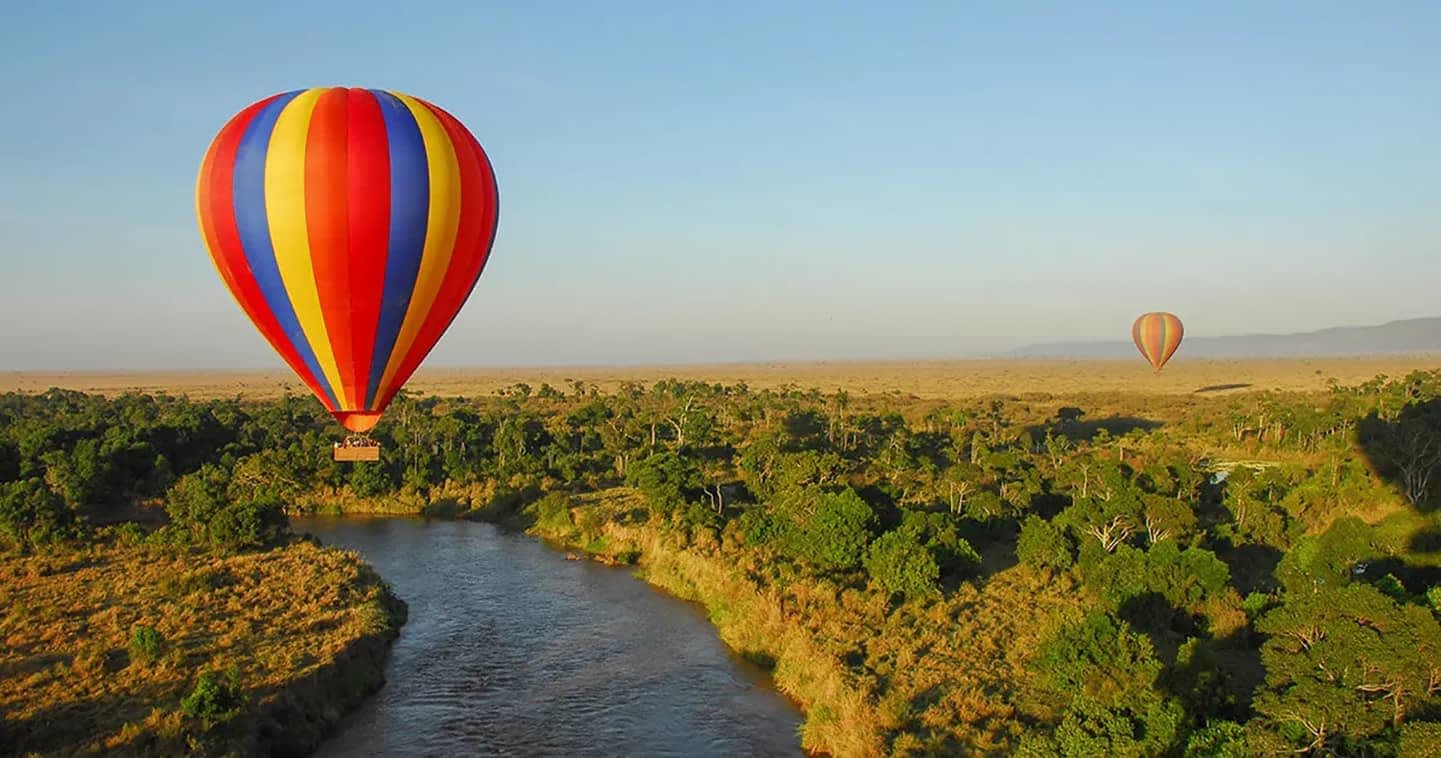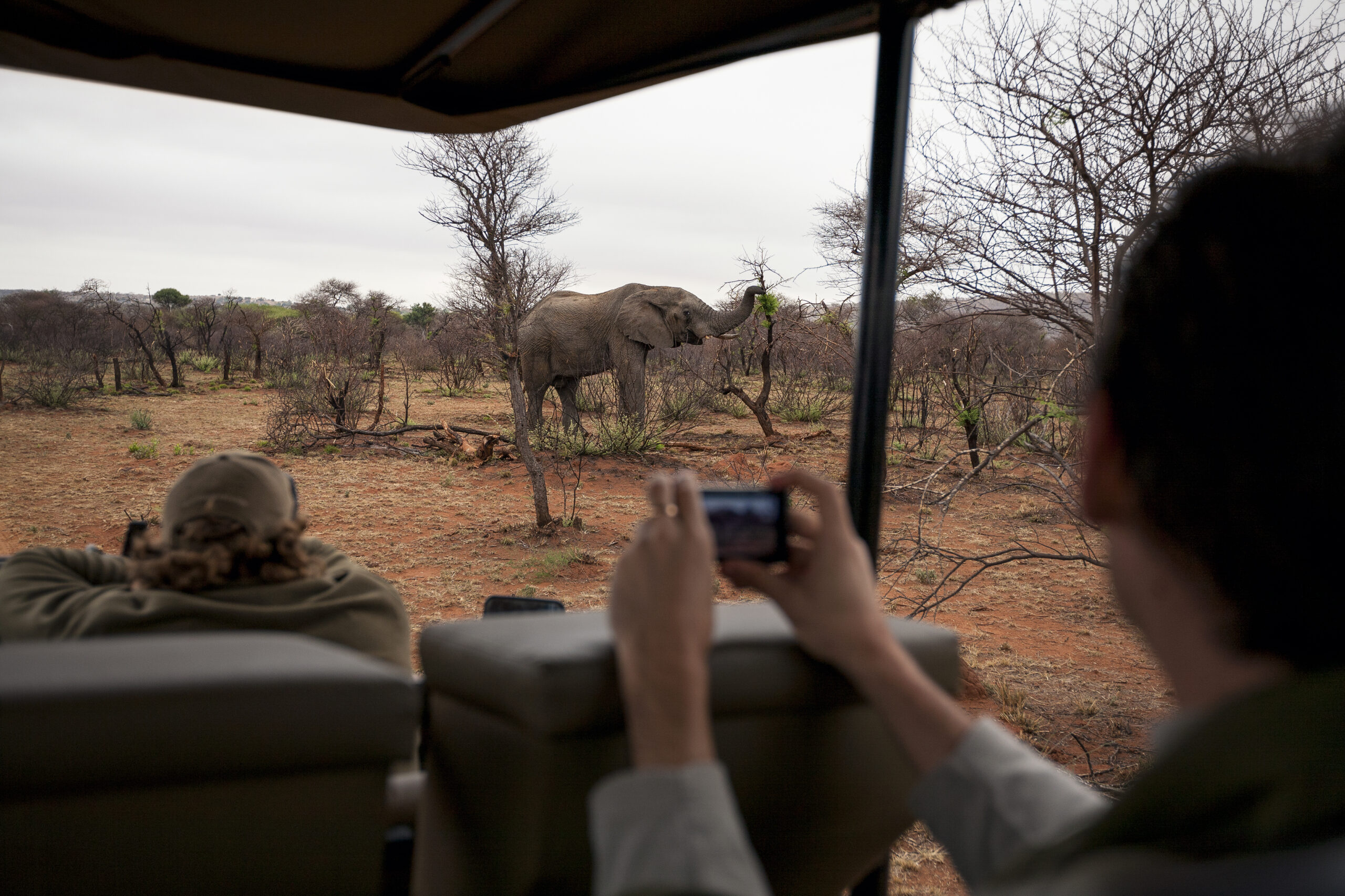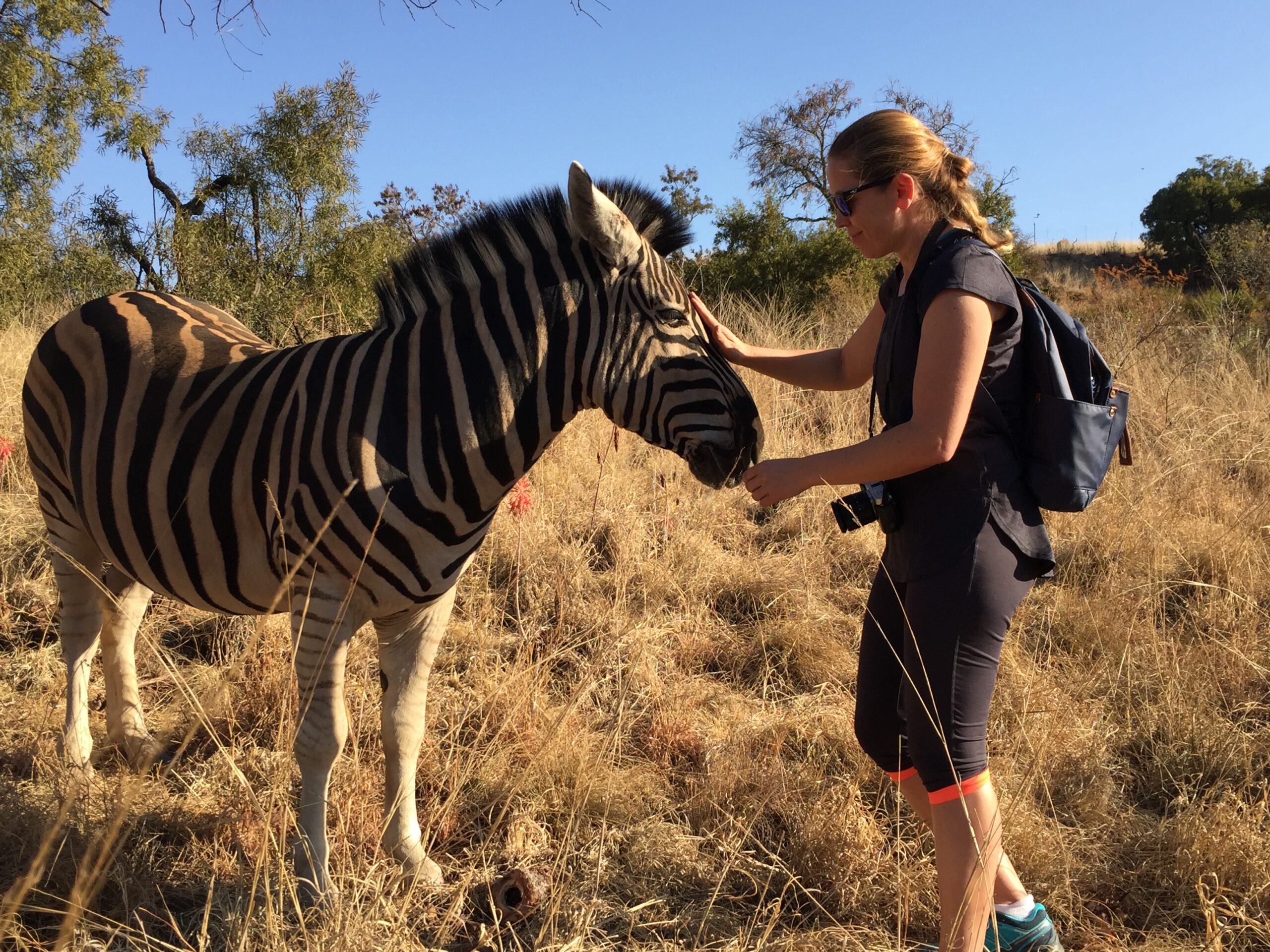Traveling from the USA to Africa is a dream for many adventurers who want to explore the rich wildlife, beautiful landscapes, and diverse cultures. But before you start packing your safari hat and camera, one of the most important questions comes up: do you need a passport to visit Africa? The answer is yes. A passport is always required for U.S. citizens traveling to Africa, but the details can vary depending on which African country you are visiting. Some nations also require visas, health documents, or proof of funds. In this guide, we’ll explore everything you need to know about passport and visa requirements, how long you can stay, vaccinations, and other travel tips for Americans heading to Africa.
Do U.S. Citizens Need a Passport to Visit Africa?
Yes, U.S. citizens always need a valid passport when traveling to Africa. Your passport should be valid for at least six months beyond your intended stay, and it should have at least two blank pages for visa stamps. Some African countries are very strict about this rule. For example, South Africa requires at least two consecutive blank pages. If you arrive without this, you may be denied entry even if you already have a visa.
It’s also important to make sure your passport is not damaged. Many African airports reject passports that are torn, water-damaged, or look suspicious. Renewing your passport before travel is the safest way to avoid any problems. The standard recommendation is to renew if your passport has less than a year of validity remaining.
How Long Can a U.S. Citizen Stay in Africa Without a Visa?
The length of stay depends on the country you are visiting. Some African nations allow Americans to enter without a visa for a limited number of days, while others require a visa before arrival. For example, South Africa allows U.S. citizens to stay for up to 90 days without a visa for tourism or business. Morocco also offers visa-free stays of up to 90 days.
On the other hand, countries like Kenya, Tanzania, and Uganda require an eVisa, which you can apply for online before travel. Most tourist visas are valid for 30 to 90 days. Overstaying your visa can lead to fines, deportation, or even a ban from re-entering, so it’s important to respect these rules.
If you plan to travel across multiple African countries, consider getting a regional visa such as the East Africa Tourist Visa. This visa allows entry to Kenya, Rwanda, and Uganda with a single document, making travel between these countries much easier.
How Much Bank Balance Is Required for a South Africa Visa?
For travelers applying for a South Africa visa, proof of sufficient funds is usually required. The government wants to ensure that visitors can support themselves without working illegally or relying on public funds. Although there is no fixed amount published, many travel experts recommend showing at least $50 to $100 per day of stay. Bank statements for the past three months are often requested when applying for a visa.
If you are traveling on a visa-free entry, immigration officers may still ask to see proof of funds or a return ticket to confirm that you can cover your expenses and will leave the country after your visit. Carrying credit card statements, cash, or bank statements is a good precaution.
Can Americans Go to Africa?
Yes, Americans are welcome in most African countries. Tourism is an important industry in Africa, and many nations rely on it for revenue. Countries like Kenya, Tanzania, South Africa, Morocco, and Egypt attract thousands of U.S. visitors every year. However, entry requirements vary, and some countries have stricter rules. It’s important to check with the embassy or consulate of the country you plan to visit before traveling.

How Long Does It Take to Get a Visa for Africa?
The processing time for an African visa depends on the country and type of visa. For eVisas, such as those for Kenya or Tanzania, approval usually takes between 2 to 7 business days. For South Africa, a traditional visa application submitted at a consulate may take up to two weeks. In some cases, same-day or express processing is available for an additional fee.
It’s always best to apply for your visa at least one month before your trip to avoid delays. Remember that visa fees vary widely, usually ranging between $30 and $150.
Do U.S. Citizens Need a Visa for South Africa?
U.S. citizens do not need a visa for short visits (up to 90 days) to South Africa for tourism or business. However, if you plan to stay longer or work in South Africa, you will need to apply for the appropriate visa. This may include work permits, student visas, or residency permits. It’s also essential to carry a return ticket to prove that you will leave the country before the 90-day period ends.
How Long Can I Stay in South Africa as a U.S. Citizen?
As mentioned earlier, Americans can stay in South Africa for up to 90 days without a visa. If you wish to stay longer, you must apply for an extension at the South African Department of Home Affairs. Extensions can add up to another 90 days but must be applied for before your current entry period expires. Overstaying can result in fines and being banned from entering South Africa again for up to five years.
What Vaccines Do I Need for South Africa?

Health requirements are an important part of travel to Africa. For South Africa, most travelers are not required to show proof of vaccinations unless they are arriving from a country where yellow fever is present. In that case, a yellow fever vaccination certificate is mandatory.
Other recommended vaccines for travelers include hepatitis A, hepatitis B, typhoid, and rabies. Malaria is not common in major cities like Cape Town or Johannesburg but is present in parts of Kruger National Park and Limpopo Province. Taking malaria prevention medication is strongly advised if you plan to visit these regions.
Do Americans Need a Visa for Kenya?
Yes, U.S. citizens must obtain a visa to visit Kenya. The process is simple since Kenya offers an eVisa system. You can apply online, pay the fee (around $50), and receive approval via email. The visa is usually valid for up to 90 days. Kenya also participates in the East Africa Tourist Visa program, which allows you to travel between Kenya, Rwanda, and Uganda with one visa.
What to Know Before Going to South Africa
Traveling to South Africa is an exciting experience, but preparation is key. Apart from passport and visa requirements, here are some things to keep in mind. South Africa has 11 official languages, but English is widely spoken. The country has world-class tourist attractions such as Kruger National Park, Table Mountain, and Cape Town’s beaches. Safety can be a concern in some urban areas, so travelers are advised to stay alert, avoid risky neighborhoods, and use trusted transportation services.
Currency in South Africa is the Rand (ZAR), and credit cards are widely accepted. It’s smart to carry some cash for smaller towns or rural areas. Power sockets use the Type M plug, so travelers from the USA should bring an adapter.
How Many Countries Are in Africa?

Africa is made up of 54 countries, each with unique cultures, landscapes, and travel rules. Some of the most popular for U.S. travelers include Kenya, Tanzania, South Africa, Morocco, Egypt, Namibia, and Botswana. Since entry requirements differ, it’s important to research each country individually before booking your trip.
Do I Need a Visa to Go to Nigeria?
Yes, U.S. citizens must apply for a visa to visit Nigeria. This must be done before traveling, either online or at a Nigerian consulate. Tourist visas typically allow a stay of 30 days and can be extended within the country. Nigeria is known for its vibrant culture, historical sites, and bustling cities like Lagos and Abuja, but entry requirements are stricter compared to some other African nations.
Which Country Can You Enter Without a Passport?
As a U.S. citizen, you cannot enter any African country without a passport. Even neighboring countries within Africa require official documentation. However, once inside Africa, some countries allow easy border crossing with a regional visa, like the East Africa Tourist Visa or the ECOWAS passport for West African nations. Still, for Americans, a valid U.S. passport is always necessary.
Conclusion
Traveling from the USA to Africa is a once-in-a-lifetime adventure, but preparation is essential. A valid passport is always required, and depending on your destination, you may also need a visa, proof of funds, and health certificates. South Africa and Morocco offer visa-free stays for short visits, while Kenya, Tanzania, Nigeria, and many others require visas. Vaccinations and health precautions are also important to keep in mind. By preparing your documents early and understanding the entry requirements, your African safari or cultural journey will be smooth and unforgettable.










